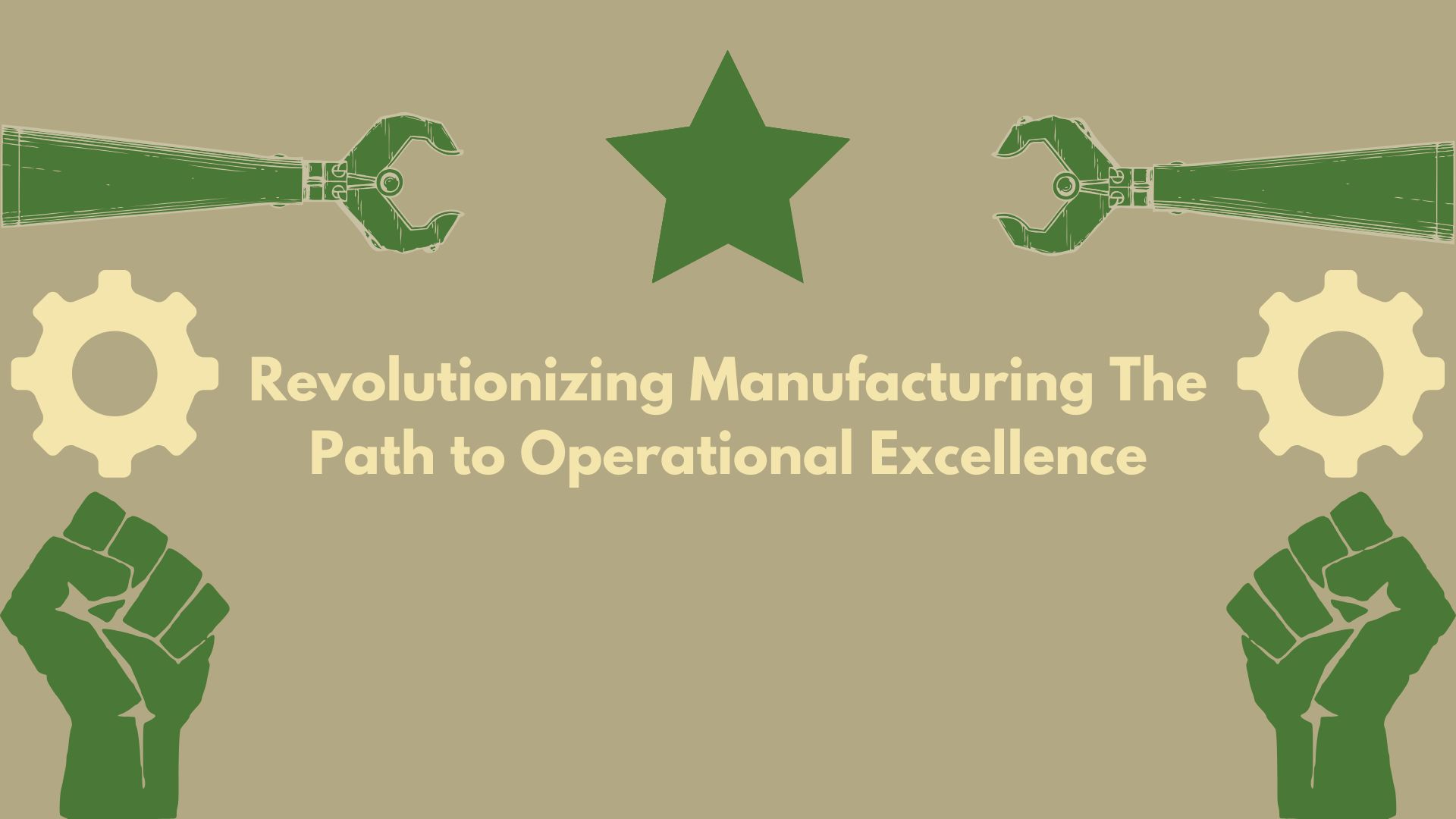Introduction
In the dynamic world of manufacturing, staying competitive requires constant evolution. From adopting cutting-edge technologies to refining processes, manufacturers today face a myriad of opportunities to achieve operational excellence. In this blog, we explore strategies to revolutionize manufacturing operations and remain ahead in the industry.
Adopting Smart Manufacturing
Smart manufacturing leverages advanced technologies such as the Internet of Things (IoT), data analytics, and automation to streamline processes and improve efficiency.
Key Benefits:
- Real-Time Insights: IoT sensors provide real-time data, helping manufacturers make informed decisions.
- Predictive Maintenance: Prevent equipment failures by analyzing patterns and scheduling timely maintenance.
- Enhanced Productivity: Automation reduces downtime and ensures consistent production rates.
Implementing Lean Practices
Lean manufacturing focuses on minimizing waste while maximizing value. This approach fosters a culture of continuous improvement.
Core Principles:
- Value Stream Mapping: Identify and eliminate non-value-adding activities.
- Just-In-Time Production: Produce what’s needed, when it’s needed, to avoid excess inventory.
- Empowering Employees: Engage staff in problem-solving and process improvements.
Enhancing Workforce Skills
The workforce is the backbone of manufacturing. Investing in employee training ensures they are equipped to work with new technologies.
Approaches:
- Regular upskilling programs for handling advanced machinery.
- Cross-functional training to improve flexibility and adaptability.
- Offering incentives for skill certifications and career development.
Sustainable Manufacturing Practices
Sustainability is no longer optional—it’s a requirement. Manufacturers can reduce environmental impact and improve efficiency by adopting green practices.
Examples:
- Using renewable energy sources to power factories.
- Reducing material waste through better design and recycling programs.
- Partnering with eco-conscious suppliers for raw materials.
Conclusion
Revolutionizing manufacturing is a journey, not a destination. By embracing smart technologies, lean practices, workforce development, and sustainability, manufacturers can achieve operational excellence. The future of manufacturing belongs to those who innovate and adapt to changing demands.









